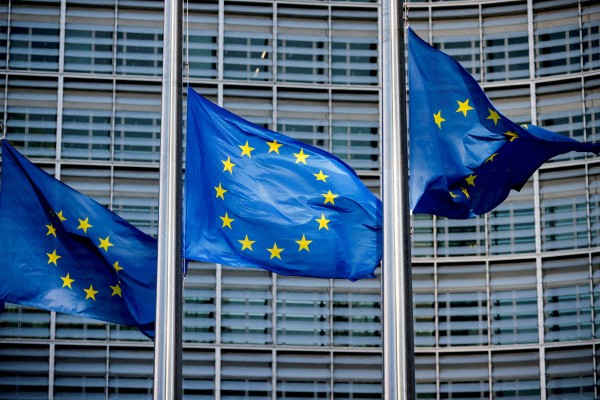EU Adopts New Rules for Hydrogen Grants to Reduce Dependence on China
Key Ideas
- The European Union is updating its auction rules for hydrogen grants to decrease reliance on Chinese renewable energy supply chains.
- The EU's Hydrogen Bank is set to provide up to 1.2 billion euros in grants for new projects, with a focus on limiting Chinese component sourcing.
- European industry welcomes the move, calling it a pivotal step towards building a robust European supply chain and ensuring security of supply.
- The changes align with recommendations for a more coordinated industrial policy to compete with global rivals like the United States and China.
The European Union has announced changes to its rules governing auctions for hydrogen grants in an effort to reduce dependence on China in its renewable energy supply chain. This move comes amidst China's dominance in solar, electric vehicles, and competition in European wind power production. The EU's Hydrogen Bank is gearing up for its second renewable hydrogen auction, aiming to allocate up to 1.2 billion euros in grants to new projects while limiting the use of Chinese-made parts. The adjustments follow concerns raised by Europe's industry regarding reliance on cheaper Chinese components. The EU's climate chief emphasized the need to favor local companies in future auctions. These changes aim to address the risk of increased dependency on Chinese imports, particularly electrolysers.
Additionally, a report by the former head of the European Central Bank, Mario Draghi, highlighted the importance of a more coordinated industrial policy to prevent economic decline in Europe. Draghi suggested a nuanced approach to competition with China and advocated for nurturing industries where the EU maintains a competitive edge rather than competing in heavily dominated sectors like solar panels. The European industry has long expressed concerns about bureaucratic hurdles hindering expansion, especially with new legislation like the European Green Deal. The simplification of implementation processes and cutting red tape are seen as crucial steps towards industry growth. European Commission President Ursula von der Leyen has also emphasized the importance of reducing bureaucracy during her term. The changes in hydrogen grant rules align with the broader strategy to strengthen the European supply chain and enhance competitiveness in the global market.
Topics
South America
Renewable Energy
Grant Funding
Supply Chain
Economic Policy
EU Regulations
Industry Competition
Latest News
